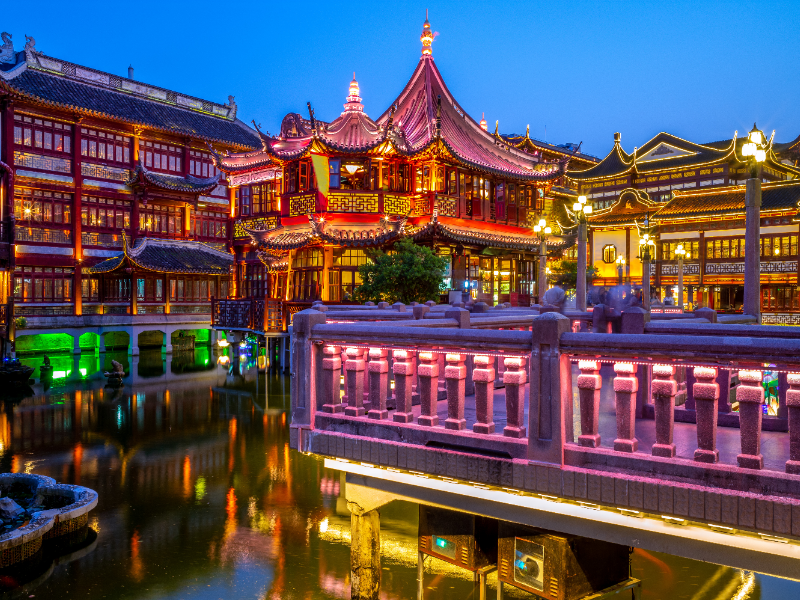People@Inverto
“Communication is the most critical success factor”
As a procurement and supply chain specialist, you have already been able to gather extensive experience in your career – both on the consulting and corporate side. How did you become a part of KGM Strategy?
After starting my career in consulting, I worked as a procurement manager for a leading American electronics group, where I was responsible for the procurement of indirect materials from the Asia-Pacific region. Before joining KGM Strategy I was Director for China at a world-renowned consulting firm. As I am enthusiastic about consulting, the step to KGM Strategy was the logical consequence to combine my experience in consulting and purchasing in an optimal way.
You manage our Chinese office in Shanghai and your team mainly serves European customers – how does that work in practice?
Overall, our business strategy for Shanghai comprises of two aspects: ‘local for local’ and ‘local for global’. This means that we support European clients both in their local offices and support the European offices in their activities in China. While in the second case we work closely with the KGM Strategy consultants at the European locations and customer support is generally their responsibility, we want to further strengthen our position in the ‘local for local’ area, where we offer the full range of services ourselves. All in all, the expertise of our employees is very important to us – in addition to a great deal of know-how regarding the Chinese supplier markets, they must also understand European customers and be able to implement a uniform global purchasing program to meet their needs.
What do you see as the biggest challenges facing European companies in China today?
With economic and technological progress, the competitive situation has become extremely tough and suppliers’ order books are full. Today, the biggest challenge for European companies is to create competitive advantages for their products in order to compete against Chinese companies and to be preferred by suppliers.

Close cooperation with local suppliers could also be an important competitive factor. What should buyers pay particular attention to when working with Chinese suppliers?
That’s right, communication is the most critical success factor, especially at the beginning of the relationship – I personally call it the ‘warming up’. Chinese suppliers will only enter a serious business relationship if they recognize a genuine interest in
One topic that European companies are intensively involved with is the New Silk Road – what influence do you think this will have?
In recent decades, the rapid growth of Chinese production in China has created an imbalance between domestic supply and demand. The Chinese government sees the new Silk Road as an opportunity to solve this dilemma and facilitate access to overseas markets for Chinese manufacturers. At present, the project still faces many challenges, particularly due to the lack of qualified staff, trade protectionism and the financing bottleneck. In the long term, once the learning period is over and Chinese manufacturers have established the appropriate infrastructure, this strategy will play an important role in modernizing China’s manufacturing industry and boosting the Chinese economy.
However, competition does not only extend to supplier markets: Chinese companies are now operating at a similar level to Europeans and are trying to open up new sales markets. What hurdles do they have to overcome?
The biggest challenge for Chinese companies in Europe is to gain a comprehensive understanding of the economic, legal and political structures and their influence on their own business.
If you work in this dynamic environment every day, how do you spend your free time?
As a balance to the challenging everyday life as a consultant, I like to go jogging, which always refreshes me and gives me the best ideas. Otherwise I like to spend my free time with my family or gardening. I find it very relaxing to drink a cup of tea while enjoying the blooming flowers around me.
By subscribing to our newsletter, you will receive the current issue of our customer magazine Supply Management Insights three times a year:


